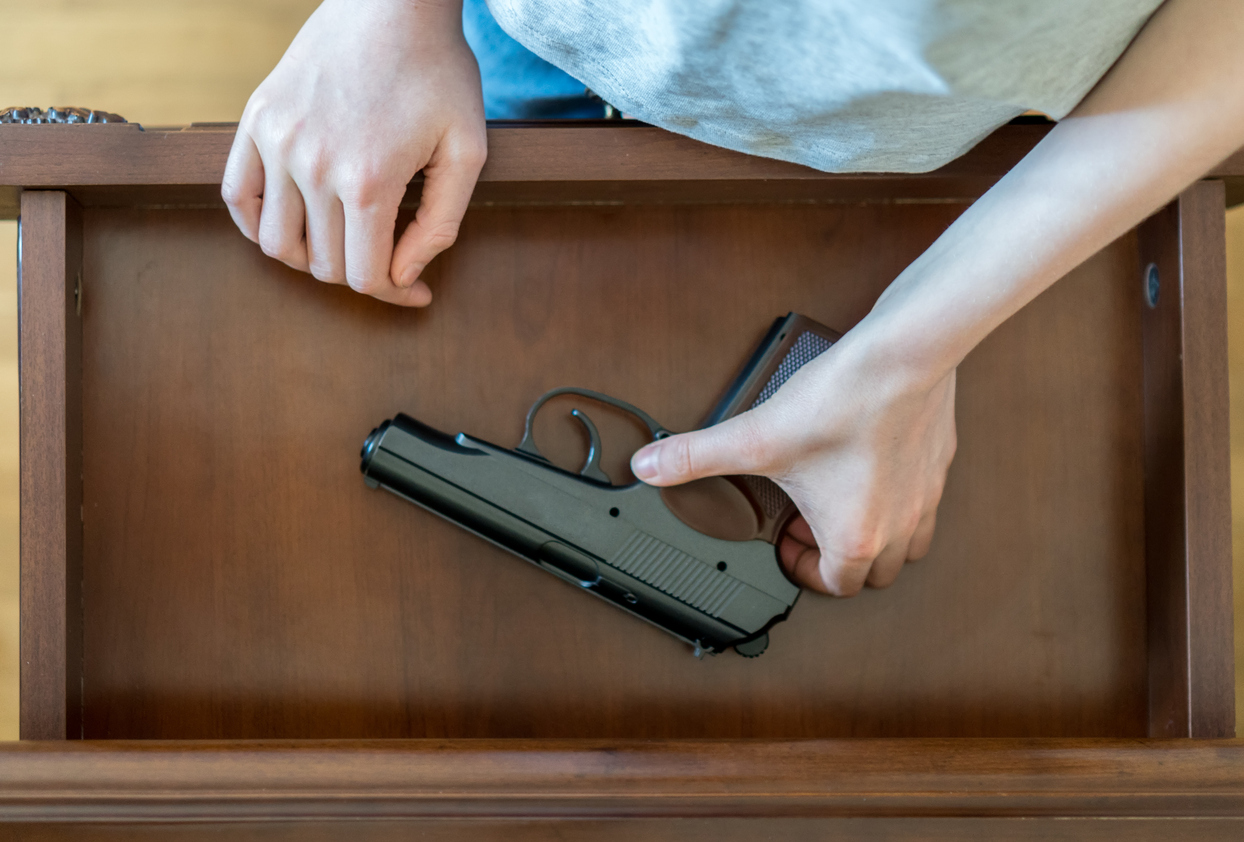- Free Consultation: (714) 351-0178 Tap to Call
Can Juveniles Be Charged with Domestic Violence?

Domestic violence includes dating couples—being married or cohabitating is not necessary. According to the California courts website, “Juvenile domestic violence courts were established in response to the increase in teen dating violence…” In 2019, the Center for Disease Control’s Youth Risk Behavior Survey showed one in 12 high school students has suffered physical dating violence. It is a far too common issue. What happens when a juvenile is accused of domestic violence?
The Process for Juvenile Domestic Violence Cases
In California, a juvenile is defined as an individual under the age of 18. When a juvenile is involved in a domestic violence incident, law enforcement officers and the court system have a structured process in place to address the situation appropriately.
The first step typically involves law enforcement officers responding to the scene of the incident. If the officers determine that there is indeed evidence of domestic violence, the juvenile can be arrested and a police report will be filed. This report acts as the foundation for the legal proceedings that follow.
Once a report is filed, the case is then referred to the District Attorney’s office. The prosecutor will review the evidence and determine whether formal charges should be filed. If charges are filed, the juvenile and their family will receive a notice to appear in court.
The court proceedings for juvenile domestic violence cases are different from those of adult cases. The primary goal of the juvenile justice system is to provide rehabilitative options rather than focusing solely on punishment.
During the court process, there will be a preliminary hearing where the judge listens to the evidence presented by both the prosecution and the defense. Based on this information, the judge will determine whether the case should proceed to trial or be resolved through an alternative process, such as probation or counseling.
If the case does proceed to trial, it will typically be heard by a juvenile court judge rather than a jury. The juvenile court judge will make a decision based on the evidence presented and issue a ruling accordingly.
Consequences of Juvenile Domestic Violence Charges
If a juvenile is found guilty of domestic violence, they may face a range of consequences, including:
- Criminal Record: A domestic violence conviction will result in a criminal record for the juvenile, which can have long-term implications for their future education, employment prospects, and personal life.
- Counseling: Juveniles found guilty of domestic violence may be required to attend counseling or therapy sessions to address their behavior and learn healthier ways of dealing with conflict.
- Restraining Orders: The court may issue restraining orders to protect the domestic violence victim from the juvenile, prohibiting any contact between them.
- Probation: The court may order the juvenile to complete a probationary period, which can involve regular check-ins, mandatory counseling, and adherence to specific conditions, like a curfew.
- Juvenile Detention: In some cases, when the offense is severe or repetitive, the court may order the juvenile to be placed in a juvenile detention facility for a period of time.
Katie Walsh Is Your Orange County Juvenile Defense Lawyer!
While the juvenile justice system focuses on rehabilitation, it is still important to seek the guidance of a skilled Orange County juvenile criminal defense attorney. To schedule a free legal consultation, contact us now.






